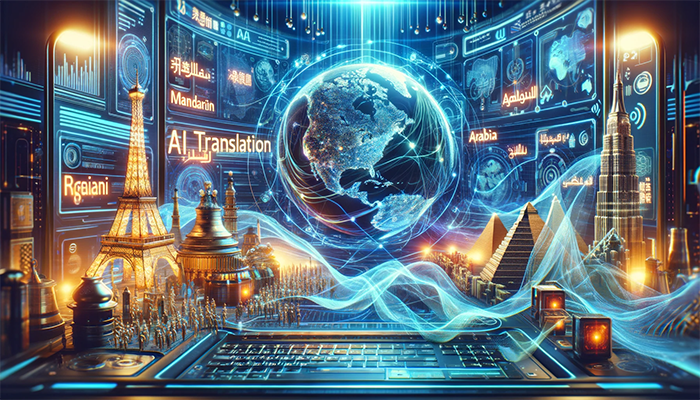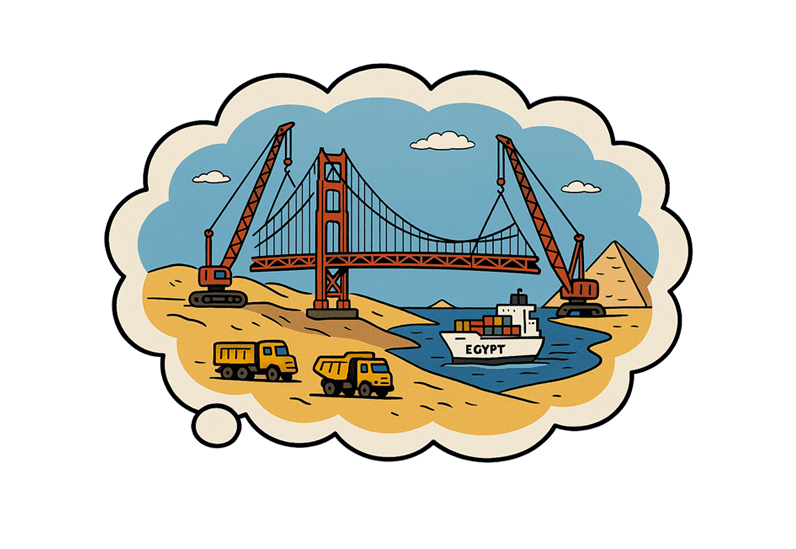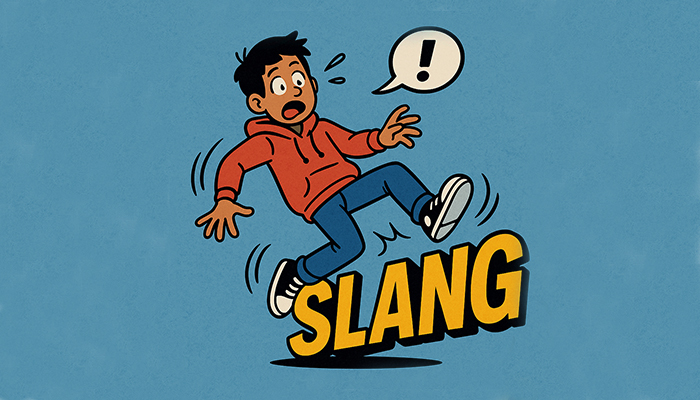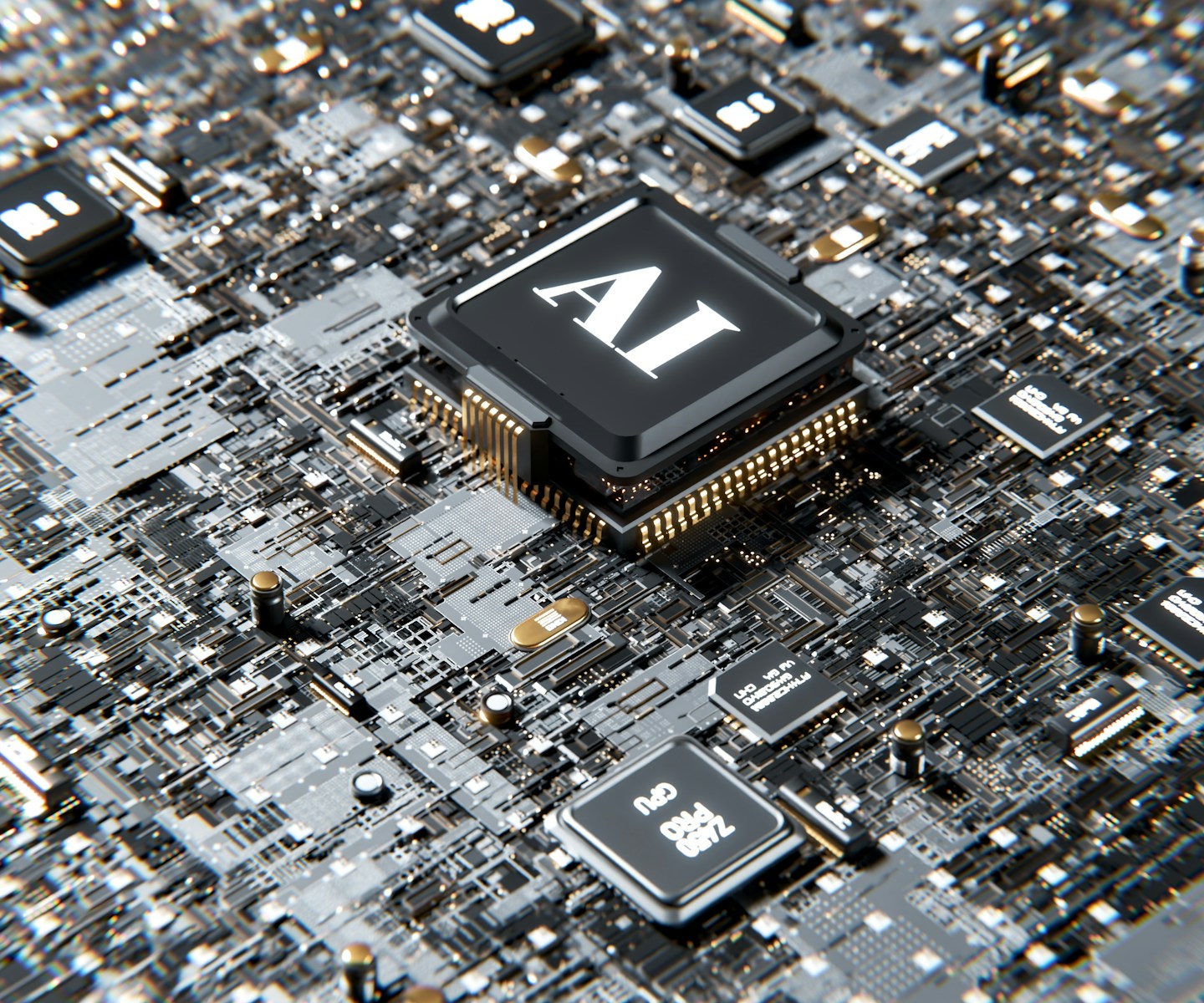Translation Services Website Translation
Unlocking the Power of AI Translation: A Comprehensive Guide

If you have spent much time online lately, you will know that artificial intelligence (AI) is all that anyone can talk about. Businesses are already using it to create content, answer questions and conduct research, and some have already dabbled in using AI for translation. There are obvious advantages that come with using AI translation services, but it’s far from being the ideal option.
The Growing Popularity of Using AI for Translation
In a world that thrives on connections, the ability to communicate seamlessly across languages is more important than ever. This has driven a lot of people towards AI, a tool that has witnessed a huge rise in popularity, especially since the release of ChatGPT. The impressive growth in machine learning capabilities has been a driving force behind using AI for translation. As algorithms evolve and models become more sophisticated, AI can now analyse vast amounts of data, learning patterns and nuances with unprecedented accuracy.
In business, speed is of the essence. AI translation provides instant results, making it the seemingly obvious options for individuals and businesses that require quick and efficient language conversions. From emails to real time communication, AI delivers a swift response, but that doesn’t mean everything is perfect. In fact, there’s already a lot of poorly translated content floating around.
Cost considerations play a key part in the adoption of AI for translation. As businesses seek to optimise their resources, AI provides a cost effective alternative for routine and repetitive translation tasks. But, one thing to consider is that costs could be lost elsewhere. For example, poorly translated text could drive customers away, meaning that businesses miss out on valuable leads. In this case, paying slightly more for a translation agency is the obvious solution.
The Benefits of AI Translation
- Brings Global Communities Together – AI translation serves as a bridge between languages by breaking down language divides. Whether it’s for business, education or personal communication, AI translation allows individuals and organisations to engage with content in various languages, creating a more inclusive and connected community.
- Increased Workflows – AI translation can speed up the initial translation process. Manual translation processes are replaced with instant, automated solutions, but tends to be a quicker way of doing things. This not only accelerates workflows but also frees up valuable human resources to focus on other tasks.
- Cost Savings – AI translation offers a cost effective alternative to traditional translation services, enabling businesses and individuals to access rapid and accurate translations without the need for extensive human intervention. This can be particularly beneficial for startups, small businesses and organisations with a limited budget.
- Multilingual Content Creation – When it comes to sharing content, AI translation enables businesses to target a global audience. With AI translations, it’s a lot easier to create content for different linguistic markets, expanding a business’ reach and impact.
- Improved Diversity and Collaboration – In a world where businesses and teams are increasingly global, AI translation allows diverse teams to work together, breaking down language barriers and creating an environment where individuals from different backgrounds can contribute their unique perspectives.
The Downsides of Using AI Translation
There are many downsides of using AI translation, some of which we have detailed below.
- Contextual Nuances Get Lost in Translation – One of the biggest challenges AI translation faces is capturing contextual nuances. Languages are rich with cultural and idiomatic expressions that can be impossible for machines to interpret accurately. As a result, AI often struggles to convey the subtle nuances and cultural connotations embedded in human communication.
- Going Beyond a Literal Translation – Languages often operate on multiple layers, involving metaphors, sarcasm and wordplay. AI translation, while proficient at literal translation, often falters when it comes to grasping the intricacies of different languages. This limitation can lead to misinterpretations and unintended changes in meaning.
- Industry Specific Jargon – Certain industries and professions rely heavily on specialised jargon and terminology. AI translation, without industry-specific training, may struggle to accurately translate technical terms. This can lead to errors and misunderstandings. This limitation can be particularly challenging in legal, medical or technical contexts, where the vocabulary used isn’t always straight forward.
- A Lack of Cultural Sensitivity – Cultural sensitivity is a critical aspect of effective communication. AI translation models don’t always grasp the cultural nuances often found in language, potentially leading to translations that are perceived as insensitive or inappropriate. The lack of cultural awareness can hinder effective cross-cultural communication, and damage a business’ reputation.
- Security and Privacy Concerns – AI translation often involves the processing of vast amounts of data, including sensitive and confidential information. Concerns about data security and privacy quickly arise, especially when using cloud based translation services, where security cannot be guaranteed.
- Diminished Human Expertise – While AI translation can enhance efficiency, overreliance on technology poses a risk. Depending solely on automated translations may lead to a diminished appreciation for the expertise and cultural understanding that human translators bring to the table. Human intervention is crucial for handling complex language scenarios.
- Limited Support for Lesser-Known Languages – AI translation models are often optimised for widely spoken languages, leaving lesser known languages with limited support. This inequality can bring communication challenges for communities that speak languages not prioritised by AI developers.
Why a Translation Agency is Always Better Than AI Translation
- Necessary Human Expertise – Translation is not merely about converting words from one language to another, it’s an art that requires a deep understanding of cultural nuances. While AI excels at literal translations, it often misses the subtleties found in human communication. Translation agencies bring a deeper understanding of cultural contexts, idioms and emotional nuances that AI can overlook.
- A Look at the Big Picture – AI translation models operate on algorithms that process individual sentences without a comprehensive understanding of the broader context. Human translators possess the ability to grasp the bigger picture, considering the entire document or conversation to ensure accuracy and coherence.
- Industry Specific Knowledge – Certain fields demand specialised knowledge and terminology that generic AI models rarely have access to. Translation agencies have experts with industry specific knowledge, ensuring accurate and precise translations in sectors such as legal, medical, engineering and technical. This level of specialisation is challenging for AI to replicate without targeted training.
- Cultural Sensitivity – Communication is not just about words, it’s about understanding cultural sensitivities. With AI, there’s always a risk of translations being inappropriate. Translation agencies are able to navigate cultural nuances, ensuring that the message is not only accurate but also culturally sensitive.
- Can Meet Diverse Need – Translation needs vary widely, from creative content to technical documentation. Translation agencies offer a range of services, including transcription, localisation and interpretation, tailored to diverse needs. This adaptability and flexibility are essential in addressing the various requirements of businesses and individuals.
- Quality Assurance is Key – AI translation, while efficient, lacks the human touch when it comes to quality assurance. Translation agencies incorporate rigorous quality control processes, including proofreading and editing by humans. This review process ensures that the final translation meets the highest standards of accuracy and readability.
- Personalised Service – Translation agencies foster relationships with clients, offering personalised services that cater to specific needs and preferences. This personalised approach, combined with direct communication, enhances the overall experience.
Do We Use AI Translations?
This isn’t a ‘yes’ or ‘no’ answer. We aren’t against AI translations, but we aren’t suddenly going to hand everything over to ChatGPT. There is no denying that AI has brought forth a variety of translation solutions, but do we exclusively rely on AI translations? No. As a translation agency, we understand the delicate balance between innovation and efficiency, and the preservation of linguistic and cultural nuances. This is why AI translation is just one tool in our comprehensive toolbox, one we always utilise alongside human expertise, providing a professional and accurate approach to languages.
AI translations have undoubtedly revolutionised the speed and efficiency of language conversion. However, we view AI as a valuable ally, rather than a standalone solution. The intricacies of language, cultural nuances and the preservation of brand identity require the human touch that AI alone cannot replicate. AI excels at rapid and literal translations, making it a powerful asset for streamlining routine tasks. We are happy to use it to boost efficiency, freeing up time for our human translators to focus on more complex and nuanced aspects of translation, but it’s not our sole focus.
For brands, we know that maintaining integrity across linguistic borders is non-negotiable. AI, while impressive, often lacks the finesse required to preserve brand identity and reputation. Our agency places a premium on brand conscious translations, ensuring that the essence remains intact, regardless of what is being translated. We know that AI offers cost effective solutions for straightforward translations, which allows us to allocate resources effectively. By incorporating AI into our workflow, we strike a balance that ensures optimal utilisation of both technological and human resources.
What People Also Ask About AI Translation
Is There an AI That Can Translate?
Yes, there are AI translation tools out there, many of which pride themselves on being able to automatically translate text or speech from one language to another. Using complicated algorithms and machine learning techniques, these AIs generate translations, but that’s not to say that the end result is perfect.
What is an AI Translator?
An AI translator is a system or tool that uses artificial intelligence and machine learning to perform language translation tasks, without needing a human to help. These systems can translate text and speech, and sometimes even images, from one language to another. They aim to replicate the translation capabilities of a human, with some degree of success.
Is ChatGPT a Good Translator?
While ChatGPT is a powerful language model, one that has grown in popularity hugely in the last year or so, its primary function is natural language understanding. This means that it’s better at generating conversational content, rather than translating from one language to another. Though it can assist with language related tasks, it is not specifically designed as a dedicated translation tool.
Will AI Replace Translators?
AI is unlikely to replace translators anytime soon. Though AI translation tools have made significant advancements and are valuable for certain tasks, they are lacking the cultural nuances, context awareness and language subtleties that translators have.
Can AI Translate Languages in Real Time?
Yes, AI can translate languages in real time. Some AIs provide instant translations of spoken or written content, though it’s important to have the output checked by a professional translator, as errors are likely.
At Brightlines Translation Services, we embrace technology and innovation, but you won’t catch us relying solely on AI translations. Though we can use AI translation to cut costs and enhance simple tasks, we know that using AI alone does more harm than good. To find out more about Brightlines Translation Services, get in touch with our talented team or get a quote here






